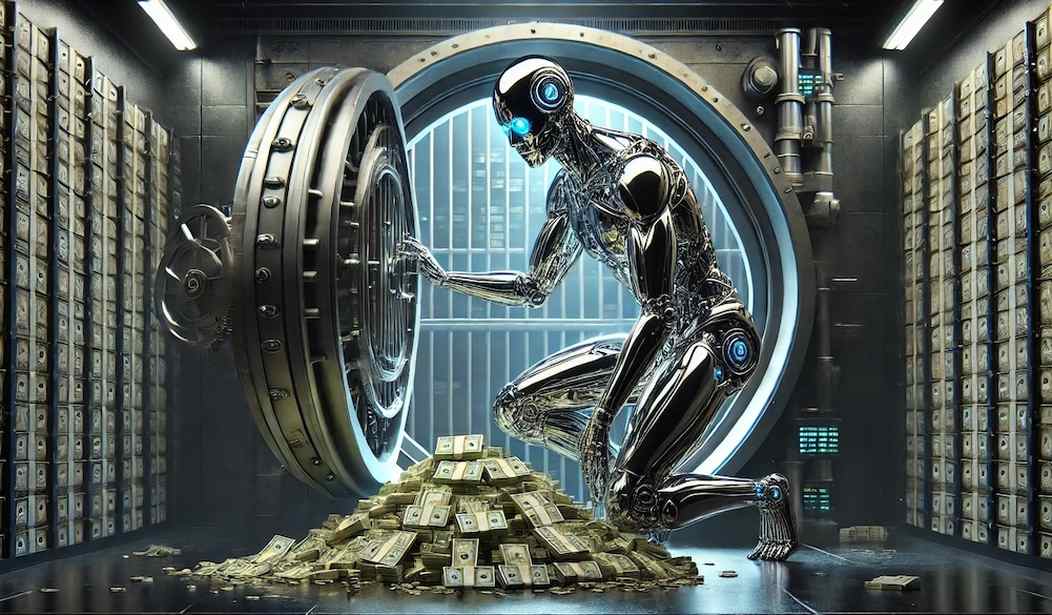Artificial intelligence giant OpenAI — creator of ChatGPT and the scary-good DALL-E image generator — is in talks for another round of funding that would put the young company's value at an astounding [dr_evil_voice] ONE HUNDRED BILLION DOLLARS [/dr_evil_voice].
The Wall Street Journal reported last week that Thrive Capital is leading this round and will invest about $1 billion and that Microsoft — which already owns a 49% stake — is also expected to put in even more of its money. The new valuation would represent a 16% increase.
Crunchbase's Joanna Glasner says that makes OpenAI "the most valuable American, venture-backed private company after SpaceX" in a report that uses "crazy high" in the headline because what other phrase works?
And what makes OpenAI worth that "crazy" $100 billion?
Theft.
No, really:
OpenAI is begging the British Parliament to allow it to use copyrighted works because it's supposedly "impossible" for the company to train its artificial intelligence models — and continue growing its multi-billion-dollar business — without them.
As The Telegraph reports, the AI firm said in a filing submitted to a House of Lords subcommittee that using only content from the public domain would be insufficient to train the kind of large language models (LLMs) it's building, suggesting that the company must therefore be allowed to use copyrighted material.
The company's complaint claims that "Because copyright today covers virtually every sort of human expression — including blog posts, photographs, forum posts, scraps of software code, and government documents — it would be impossible to train today's leading AI models without using copyrighted materials."
What they mean is, "It would be uncomfortable to our bottom line if we had to pay for the copyrighted materials we'd much rather just take from its owners."
Recommended: Houston, You Have Another Problem?
OpenAI's filing continues: "Limiting training data to public domain books and drawings created more than a century ago might yield an interesting experiment, but would not provide AI systems that meet the needs of today's citizens."
Well, then pay up, bub — if you really think you're worth $100 billion.
Imagine a steelmaker that didn't have to pay its iron ore supplier. Or a bar that didn't have to pay its liquor supplier. Or an executive branch of the federal government without bureaucrats.
Forget that last one. That was a terrible example. A nice daydream but a terrible example.
But back to my point. No other steelmaker could afford to compete with the company that didn't have to pay for its ore, and nobody would go to the other bars whose prices had to cover the actual cost of their booze.
Everything would go swimmingly. Right up until the iron ore guys and the liquor suppliers went bankrupt. But you'd sure want to own shares in that steelmaker or drink at that bar before everything went Tango-Uniform.
The difference between my two examples and OpenAI is that OpenAI will never run out of raw materials to steal.
As a business model, that's just terrific for OpenAI and its investors. Morally and legally, the only proper response to OpenAI's demand to steal other people's work is a two-word imperative that my managing editor won't let me write in polite company. But it rhymes with "duck cough."










Join the conversation as a VIP Member